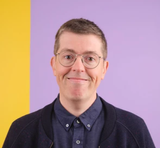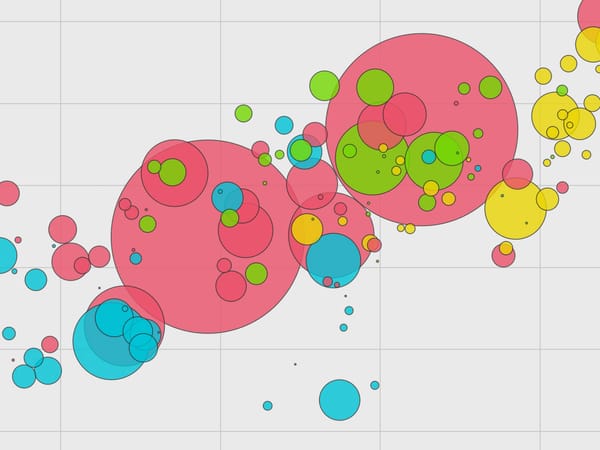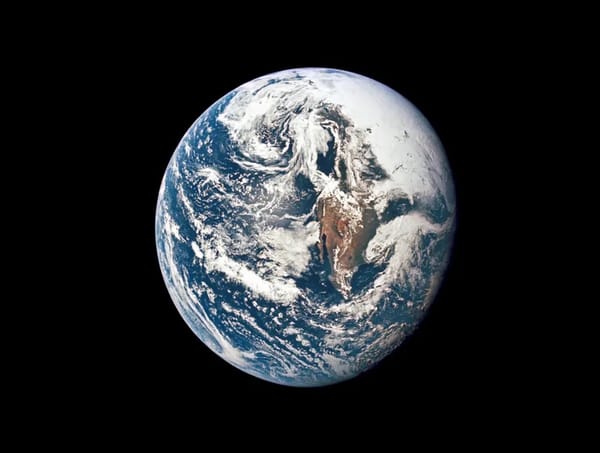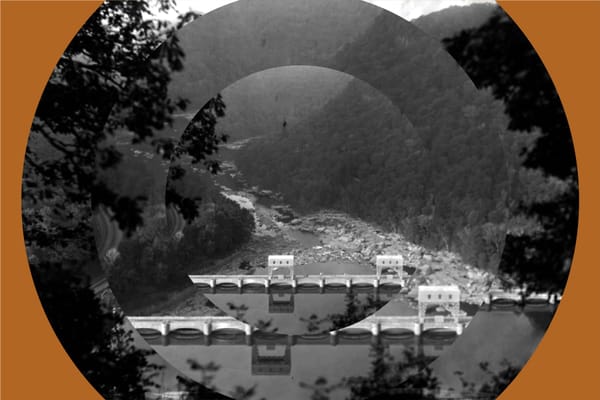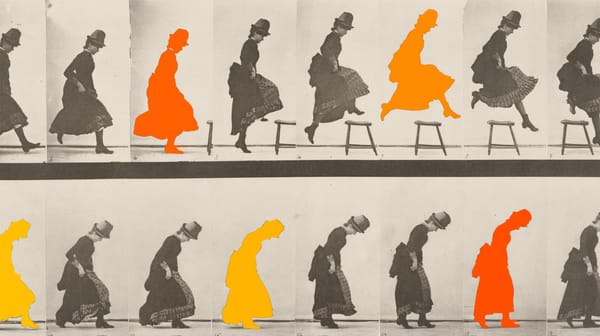Growing Closer
Rethinking intelligence to foster new forms of kinship
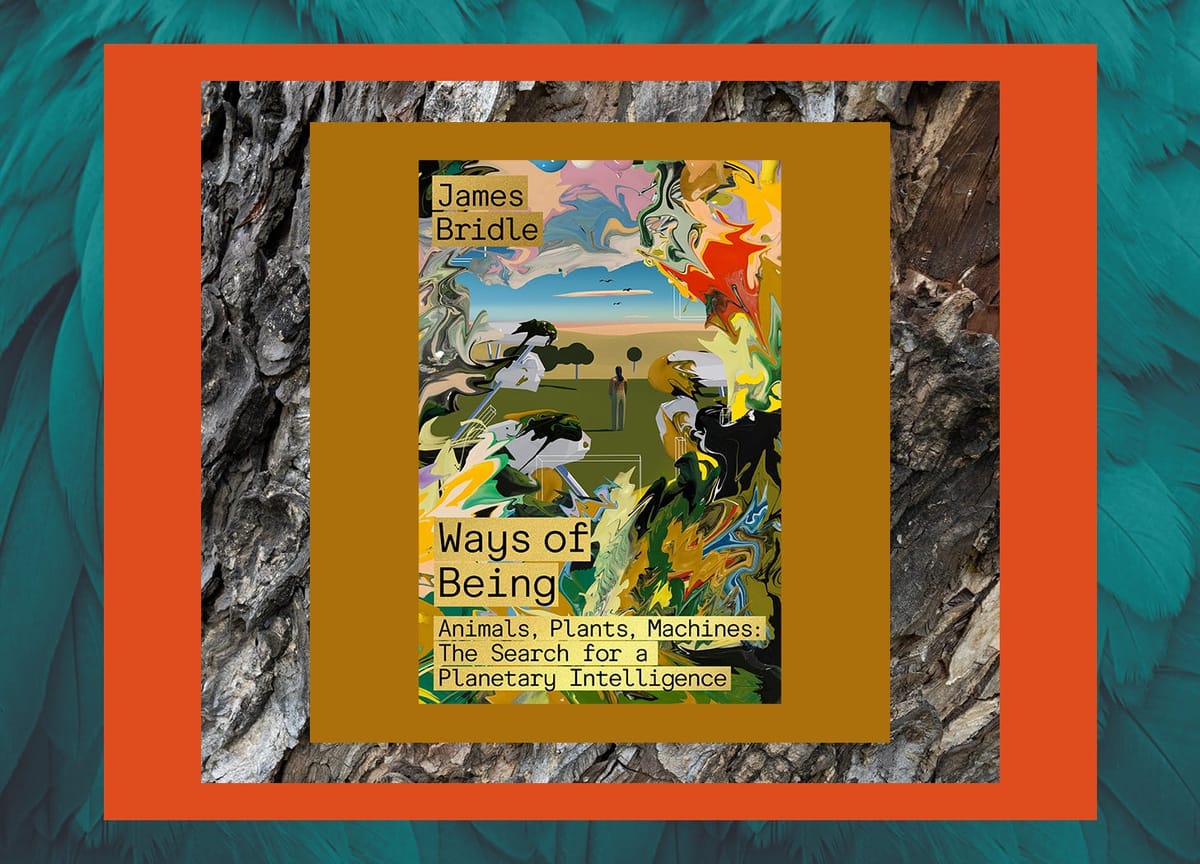
Hi everyone,
The artist and writer James Bridle said recently, of his 2019 book New Dark Age, “It’s not a book I recommend to people if they want to feel particularly good about the world.” Bridle’s work and writing have been in mind not only because that book, which is subtitled Technology and the End of the Future, has felt painfully prescient as we wrestle with the onrushing developments in artificial intelligence. It’s also that his newest book, Ways of Being, offers, as he put it in the same interview, a generative reframing of these challenges: “New Dark Age was an inquiry into the state that we’re in. And Ways of Being is one way, a personal way, out of a fairly dark place that book took me to. [I wanted to] reframe this question from being, ‘How did we get to this bad place?’ into essentially, ‘How do we get out of it?’”
In the March 1 issue on artificial intelligence, I mentioned being cautiously optimistic about the possibilities of AI. Revisiting Ways of Being this week in light of that issue, the release last week of GPT-4, and some recent, thought-provoking interviews with Bridle, I came away with a heartening sense of possibility. Near the outset of the book, Bridle asks, “What do we mean by intelligence? This is not only the most crucial question we could ask, but also the most diverting, and ultimately the most shattering and generative—because, honestly, nobody really knows.”
The book turns to gibbons and octopi and swallows; to trees and slime molds; to our hominid forebears and single-celled organisms called Archaea. In each case, Bridle argues, “The closer we examine and the more forcefully we interrogate and attempt to classify the world, the more complex and unclassifiable it becomes. Taxonomy after taxonomy breaks down and falls apart. […] In the more-than-human world, everything is hitched to everything else, and there are no hierarchies: no ‘higher’ or ‘lower’; none more, or less, evolved. Everything is intelligent. Now what?”
Bridle proposes developing an “ecology of technology” that allows us to see “high tech”—computers, databases, networks—as interwoven with the world. (After all, computers are made of rocks and oil.) Changing our understanding of technology so that it’s not understood as apart from—or, worse, above—the rest of the world is a noble project and one to which design can contribute. How can we design technologies that reveal more of this interconnection and foster a sense of mutual care?
For more on our entanglement with the more-than-human world, consider our recent interviews with Polybion CEO Axel Gómez Ortigoza, whose company makes an alternative leather from the bacteria in fruit waste, and with art historian Caroline A. Jones, who curated a recent exhibition and edited a book about artists whose work involves collaborating with other living entities. In the meantime, enjoy the conversations with Bridle excerpted below.
Love all ways,
Brian
On Being interview
The conversation that sent me down this rabbit hole was between Bridle and On Being host Krista Tippett. One highlight for me is an idea first expressed by biologist Lynn Margulis. Here’s Bridle summarizing Margulis:
Everything is equally evolved. Everything has been on this planet for as long as everything else. Everything has been in this universe for as long as everything else. Nothing is more evolved than anything else. Everything has been evolving for the same length of time. Everything has been becoming for the same length of time. […] And that immediately destroys any idea of hierarchy or division for me that might shape or inform that splitting and clumping that’s been the last century of scientific legacy and that we are finally getting rid of.
A separate idea, from later in the conversation:
Technology is constantly trying to draw our attention back to the world because it is part of the world. And it is only us that make that separation and distinction that thinks that high technology, the things that we make, are somehow our own creations rather than being part of the vast panoply of becoming, everything being equally evolved, as we said earlier. Computers and satellites and binary numbers are as much part of that ongoing evolution as butterflies and birds, they’re all springing from the same source. There’s no meaningful separation between any of them.
Conversation with Claire L. Evans
This interview was conducted last summer but has only just been posted online. Evans is a writer and musician whose interests in ecology, feminist history, and technology make her a great foil for Bridle, who says, early on,
I don’t think there is such a thing as an artificial intelligence. There are multiple intelligences, many ways of doing intelligence. What I envisage to be more useful and interesting than artificial intelligence as we currently conceive of it—which is this incredibly reduced version of human intelligence— is something more distributed, more widely empowered, and more diverse than singular intelligence would allow for. It’s actually a conversation between multiple intelligences, focused on some narrow goals.
Conversation in Emergence Magazine
Emergence is a multimedia online publication that presents stories, conversations, films, and audio that draw together ecology, culture, and spirituality. In a conversation with its executive editor, Bridle suggests:
Slowly, as fields expand, when they’re at their best, they become interdisciplinary—about learning from other disciplines. They become ecological. And they also become potentially more aware of their connections to the world, their social and political responsibilities.
And:
We think so much like computers today because they’ve defined what is thinkable. And so for me, rethinking the computer rethinks what is computable, and therefore rethinks what is thinkable at all about the world.
🔗 Good links
- 🦉 Last summer, The Atlantic published science journalist Ed Yong’s survey of how animals perceive the world and what that means for us
- 📻 Last year, I reviewed a new book surveying six generations of women architects. The Beverly Willis Architecture Foundation, which co-published the book, has just launched season two of its podcast featuring pioneering women in architecture
- 🌞 “On May 22, 2022, I unplugged everything in my apartment, with the goal of drawing zero power from the electric grid for one month. As I type these words in January, I’m in my eighth month.”
- 👟 An interview with Nike Chief Design Officer John Hoke. “Knowing how to curate information, and being able to have an intuition beyond the empirical data … I find that to be, basically, the grounds of the future of what design is.”

